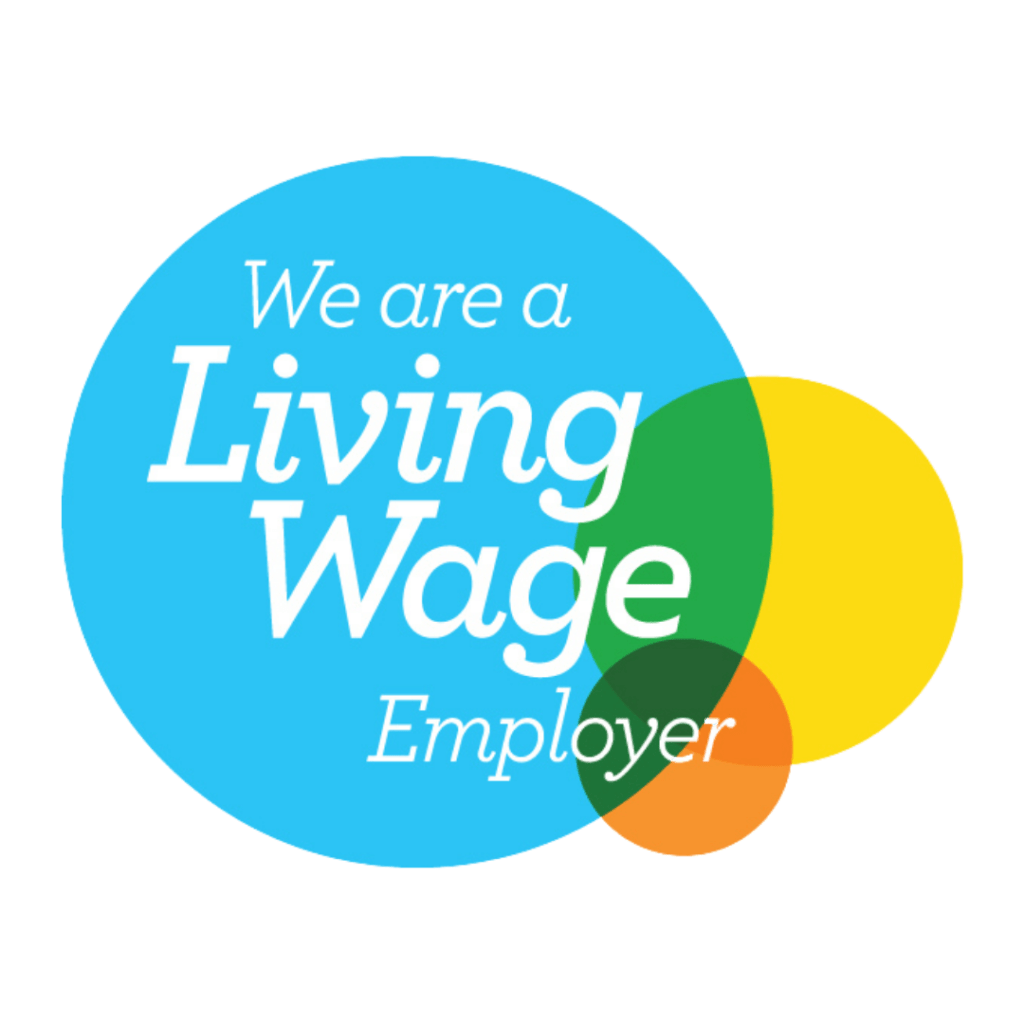This blog looks at foster carers’ pay or income and includes what foster carers receive, the factors involved, other benefits and how remuneration works. It starts with a note about why and how we are discussing this.
Young people want to be welcomed to a family home and nurtured because of who they are, not because of the income it provides. We know some care-experienced people find fostering adverts stating potential earnings as a bold headline distressing. It raises questions about the motivation of people applying. It also raises questions about rewarding care for a young person with financial incentives.
We also know that fostering requires commitment, skills and enthusiasm. At CHT most of our full-time foster carers do not have other jobs. Fostering is their career, and much more. That means that income is an important thing to consider before becoming a foster carer. Knowing what your income is likely to be is essential for responsible decision-making around household finance and your ability to provide for a family. Being clear about pay encourages applications from a more diverse group of people and while the sums involved can equate to a reasonable full-time wage, they are not in themselves an incentive to foster. With this in mind, we can begin.
What do you pay foster carers ?
A typical example at CHT would be a carer looking after two young people aged 12 and 14 at Skill Level 3 who would receive around £1100 per week.
What are the factors involved?
Foster carers at Carolina House Trust have two components of income:
- Young person’s allowance – an allowance to cover the costs of caring for a young person, including food, clothes, and all other expenses.
- Carers fee – recognises the skills, knowledge and commitment of the carer.
- The example above includes both components.
The exact amount we pay our carers is dependent on a number of factors:
- Carer’s skills level – Skill Levels are rated 1 to 3 and offer progression as carers grow in experience and knowledge,
- Age of the young person – there are four age bands which determine the weekly amount, and
- How many young people you care for – fees and allowances are paid per young person per week.
We aim to offer a fair fee which recognises that foster carers have a challenging, yet rewarding role. Our carers tell us that seeing the children and young people they care for reach their potential is incredibly satisfying. Care-experienced young people need skilled and nurturing carers to look after them and help them navigate challenges that may include education, health, emotions and transitions. We believe that our carers should feel fulfilled but also be financially compensated for their skills, time and dedication.
There are also other benefits available to carers.
What other benefits do we offer carers aside from pay?
We provide carers, subject to certain conditions, with:
- Holiday allowance
- Birthday payments
- Christmas, or other annual religious festivals, payments
- Applications to the CHT Community Fund for special expenses to help young people achieve their goals, such as school trips abroad or equipment needed for vocational training
- Access to a subsidised holiday caravan.
- Financial support to undertake accredited training, such as an SVQ.
In addition to the fees that make up a monthly payment, our carers also benefit personally and professionally from:
- Regular supervision with a dedicated Supervising Social Worker
- Learning and development programme designed to meet identified areas for growth
- Peer support groups
- A range of CHT Community events
Community events are open to our carers, staff, children and young people and volunteers. They include Christmas and Halloween parties, Summer BBQs and a variety of other events. Our Holiday Home assists carers to provide an affordable UK holiday experience to young people.
We also offer a range of participation events for our children and young people during school holidays. Our Support Workers can work with young people requiring one-to-one support to help them navigate challenges.
We think our full package of support and recognition offers carers in our community a fair reward for the challenging and important work they do.
How do we pay carers?
In Scotland foster carers are self-employed. A carer is assessed and approved by a registered fostering provider, usually a charity like Carolina House Trust or a local authority. When matched with a young person our carers work under our supervision to provide care in their family home.
Our carers submit monthly invoices to us based on agreed weekly rates. Carers receive a weekly fee which recognises their skills, knowledge and experience, along with an allowance for their young people.
Carers arrange their own pensions, taxes and National Insurance (and carers receive favourable tax benefits).
Your questions answered
‘Your questions answered’ is a series of blogs written by our team that try to address more complex questions we are asked about fostering and other aspects of our work. We answer a lot of questions about fostering. Sometimes there is a quick answer. Often things are not straightforward – much depends on the individuals involved and their specific situation. For some questions, we need to explore the factors involved to address complexity.
We also offer a page of FAQs. If your questions has not been answered yet, please get in touch.


